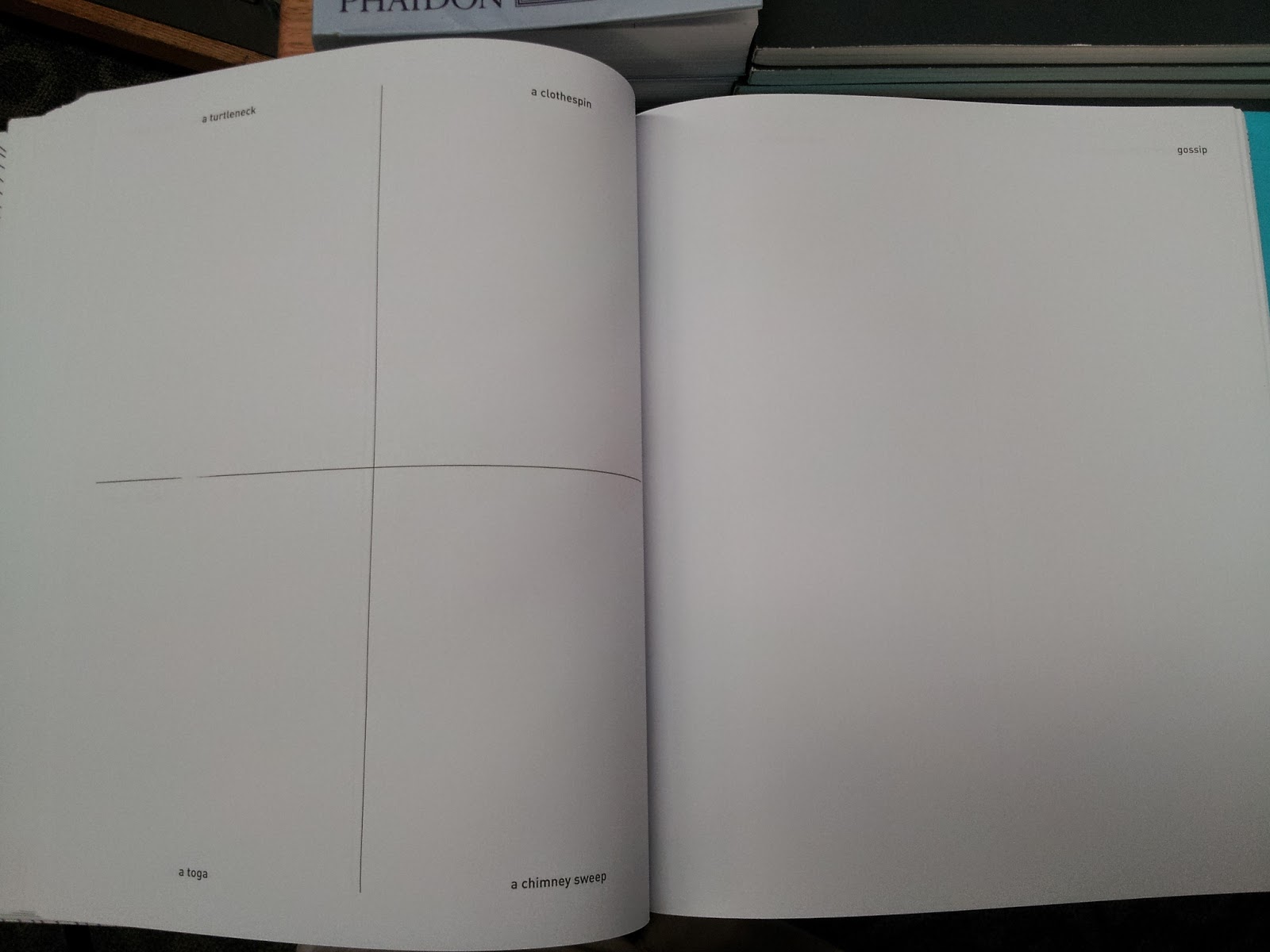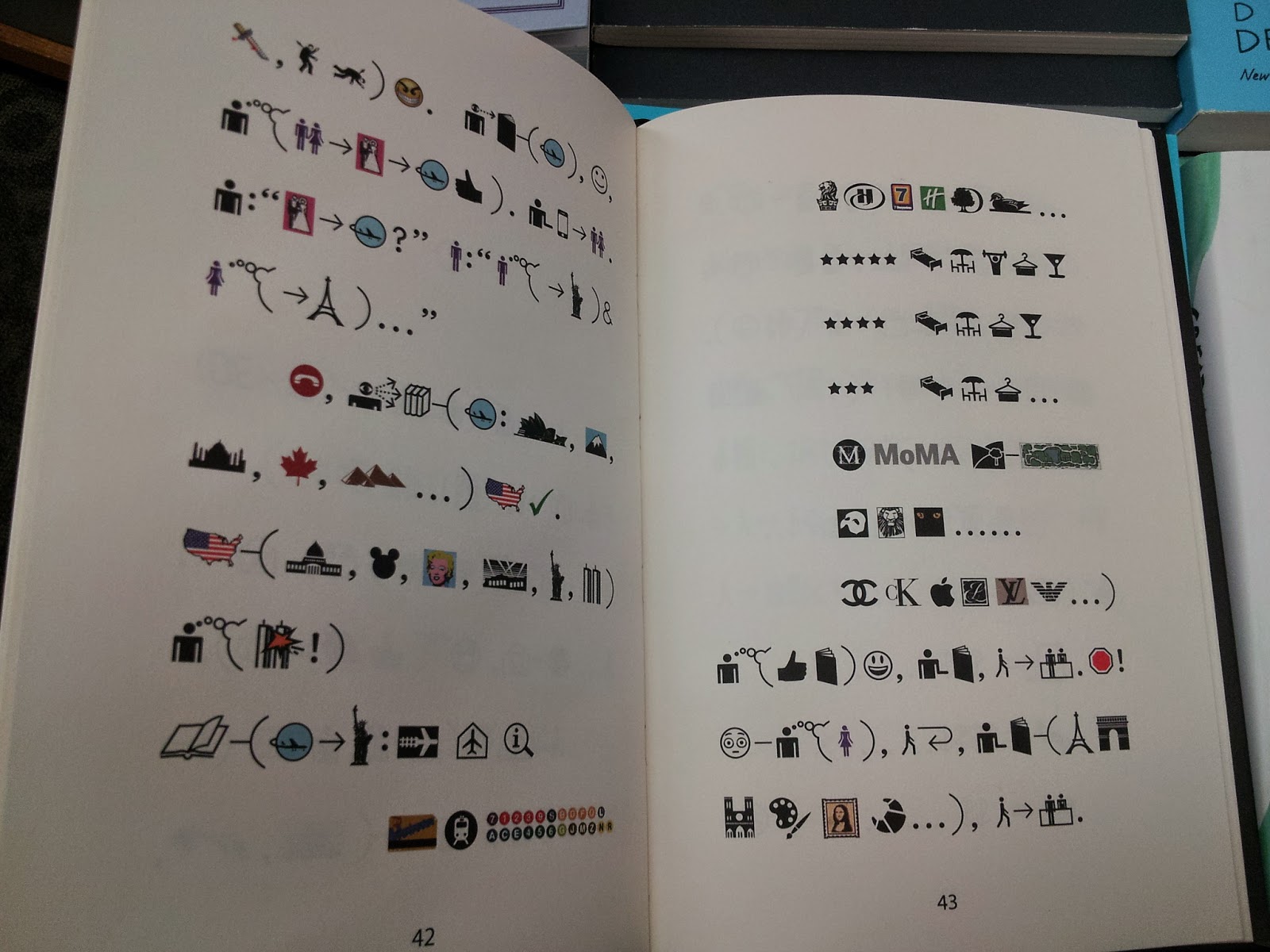जीवन की आपाधापी
में / Jeevan ki aapa-dhaapi mein / In the hustle & bustle of life
by Harivanshrai Bachchan
जीवन
की आपाधापी में
कब वक़्त मिला
कुछ
देर कहीं पर
बैठ कभी यह
सोच सकूँ
जो
किया, कहा, माना
उसमें क्या बुरा
भला।
जिस
दिन मेरी चेतना
जगी मैंने देखा
मैं
खड़ा हुआ हूँ
इस दुनिया के
मेले में,
हर
एक यहाँ पर
एक भुलावे में
भूला
हर
एक लगा है
अपनी अपनी दे-ले में
कुछ
देर रहा हक्का-बक्का, भौचक्का-सा,
आ
गया कहाँ, क्या
करूँ यहाँ, जाऊँ
किस जा?
फिर
एक तरफ से
आया ही तो
धक्का-सा
मैंने
भी बहना शुरू
किया उस रेले
में,
क्या
बाहर की ठेला-पेली ही
कुछ कम थी,
जो
भीतर भी भावों
का ऊहापोह मचा,
जो
किया, उसी को
करने की मजबूरी
थी,
जो
कहा, वही मन
के अंदर से
उबल चला,
जीवन
की आपाधापी में
कब वक़्त मिला
कुछ
देर कहीं पर
बैठ कभी यह
सोच सकूँ
जो
किया, कहा, माना
उसमें क्या बुरा
भला।
मेला
जितना भड़कीला रंग-रंगीला था,
मानस
के अन्दर उतनी
ही कमज़ोरी थी,
जितना
ज़्यादा संचित करने की
ख़्वाहिश थी,
उतनी
ही छोटी अपने
कर की झोरी
थी,
जितनी
ही बिरमे रहने
की थी अभिलाषा,
उतना
ही रेले तेज
ढकेले जाते थे,
क्रय-विक्रय तो ठण्ढे
दिल से हो
सकता है,
यह
तो भागा-भागी
की छीना-छोरी
थी;
अब
मुझसे पूछा जाता
है क्या बतलाऊँ
क्या
मान अकिंचन बिखराता
पथ पर आया,
वह
कौन रतन अनमोल
मिला ऐसा मुझको,
जिस
पर अपना मन
प्राण निछावर कर
आया,
यह
थी तकदीरी बात
मुझे गुण दोष
न दो
जिसको
समझा था सोना,
वह मिट्टी निकली,
जिसको
समझा था आँसू,
वह मोती निकला।
जीवन
की आपाधापी में
कब वक़्त मिला
कुछ
देर कहीं पर
बैठ कभी यह
सोच सकूँ
जो
किया, कहा, माना
उसमें क्या बुरा
भला।
मैं
कितना ही भूलूँ,
भटकूँ या भरमाऊँ,
है
एक कहीं मंज़िल
जो मुझे बुलाती
है,
कितने
ही मेरे पाँव
पड़े ऊँचे-नीचे,
प्रतिपल
वह मेरे पास
चली ही आती
है,
मुझ
पर विधि का
आभार बहुत-सी
बातों का।
पर
मैं कृतज्ञ उसका
इस पर सबसे
ज़्यादा -
नभ
ओले बरसाए, धरती
शोले उगले,
अनवरत
समय की चक्की
चलती जाती है,
मैं
जहाँ खड़ा था
कल उस थल
पर आज नहीं,
कल
इसी जगह पर
पाना मुझको मुश्किल
है,
ले
मापदंड जिसको परिवर्तित कर
देतीं
केवल
छूकर ही देश-काल की
सीमाएँ
जग
दे मुझपर फैसला
उसे जैसा भाए
लेकिन
मैं तो बेरोक
सफ़र में जीवन
के
इस
एक और पहलू
से होकर निकल
चला।
जीवन
की आपाधापी में
कब वक़्त मिला
कुछ
देर कहीं पर
बैठ कभी यह
सोच सकूँ
जो
किया, कहा, माना
उसमें क्या बुरा
भला।
Transliteration:
Jeevan ki aapa dhapi mein, kab waqt mila
kuch der kahi par baith yeh soch sakoo
Jo kiya, kaha, maan usmein kya bura bhalaa.
jis din meri chetna jaagi maine dekha
main khada hua hoon iss duniya ke mele mein,
kar ek yahan par ek bhulaave mein bhoola
har ek laga hai apni de-le mein
kuch der raha hakka bakka, bhauchaaka sa,
aa gaya kahan, kya karu yahan, jaaoon kis ja?
Phir ek taraf se aaya hi toh dhakka sa
maine bhi bahna shuru kiya us rele mein,
kya baahar ke thela-peli hi kuch kam thi,
jo bheetar bhi bhaavon ka oohapoh macha
jo kiya, usee ko karne ki majboori thi,
jo kaha, vahi man ke andar se ubal chala,
jeevan ki aapa dhapi mein, kab waqt mila
kuch der kahi par baith yeh soch sakoo
Jo kiya, kaha, maan usmein kya bura bhalaa.
Mela jitna bhadkeela rang-rangeela tha,
maanas ke andar utni hi kamjori thee,
jitna zyaada sanchit karne ki khwahish thi,
utni hi chhoti aphi jhori thi,
jitni hi birme rehne ki thi abhilasha
utna hi rele tez dhakele jaate the,
kray-vikray toh thande dil se ho sakta hai,
say to bhaag-bhaagi ki cheena-chhori thee,
ab mujhse poocha jaata hai kya batlaaoon
kya maan akinchan bikharta path par aaya
vah kaun ratan anmol mila aise mujhkho,
kis par apna man praan nichaavar kar aaya,
yah thi takdeeree baat mujhe gun dosh na do
jisko samjha tha sona, vah mitti nikli,
jisko samjha tha aasoo, vah moti nikla.
jeevan ki aapa dhapi mein, kab waqt mila
kuch der kahi par baith yeh soch sakoo
Jo kiya, kaha, maan usmein kya bura bhalaa.
main kitna hi bhooloon, bhatkoon yaa bharmaaoon,
hain ek kahin manzil jo mujhe bulaati hai,
tine hi mere paanv pade oonche-neeche,
parti-pal vah mere paas chali hi aati hai,
mujh par vidhi ka aabhaar bahut si baaton ka.
par main kritagya uska is par sabse zyaada -
nabh ole barsaaye, dharte shole ugle,
anvarat samay ki chakki chalti jaati hai
main jahan khada tha kal us thal par aaj nahi,
kal isi jagah par paana mujhko mushkil hai,
le maapdand jisko parivartit kar deteein
keval chhokar hi desh-kaal ki seemayein
jag mein mujhpar faisla use jaisa bhaaye
lekin main toh be-rok safar mein jeevan ke
is ek aur pehlu se hokar nikal chala
jeevan ki aapa dhapi mein kab waqt mila
kuch der kahi par baith yeh soch sakoo
Jo kiya, kaha, maan usmein kya bura bhalaa.
English Translation:
In the hustle and bustle of
life, when did I find any time
That I could sit at some place for a while and think
of what is good or bad in what I
did, said, assumed...
On the day I claimed my
consciousness, I saw
I am standing in this world-fair,
Every one here is lost in an ambiguity
Every one is busy in one's own give
and take
For a while, I remained
astonished, bewildered,
Where have I come, what do I do
here, where do I go?
Then, from a direction, did come
a push
I too began to flow in that surge
Were the mere external chaos too
little
That even the internal emotions
underwent a turmoil,
Whatever (I) did, was but out of a compulsion,
Whatever (I) said, was but an out-pour of the boiling thoughts,
In the hustle and bustle of life, when did I find any time,
That I could sit at some place for a while and think
of what is good or bad in what I did, said, thought.
As much was the circus energetic (flashy) and colourful,
There was enervation within the soul,
As much as one desired to accumulate,
Smaller kept going one's formed hand-bowl ,
As much one had the ambition to hold
steady,
That much harder the surge would push,
Deals are done but with a cool
mind
This was a snatch-act of the
haste;
Now I am generally been asked,
what do I say
of what values did the destitute
come scattering on the path
What priceless jewel have I
received?
On which I have surrendered by
mind and body
This was but a matter of destiny,
don't value-judge me
To whom I considered gold, was
mere soil
To what I considered a teardrop,
was in fact a pearl.
In the hustle and bustle of life, when did I find any time,
That I could sit at some place for a while and think
of what is good or bad in what I did, said, thought.
How much ever I forget, wander
astray or be misdirected,
There's somewhere a destination that
calls me
My feet may wade through how much
ever ups and downs
Still every moment, it does come
near to me
I have on me the gratefulness of
destiny for a lot of aspects
But I am most thankful of her for
-
Whether the sky hails, or the
earth spews heat
The mill of time is relentless and keeps on moving,
I am not at the position I was standing at yesterday,
It is hard to find me
on the same position tomorrow,
That which transforms it by its
own criteria,
By mere touching the limits of
time-space
The world must give upon me a
judgement of what it likes
But unstoppably, I, in this
journey of life
Escape a yet another aspect of
life
In the hustle and bustle of life, when did I find any time,
That I could sit at some place for a while and think
of what is good or bad in what I did, said, thought.
translated by Anuj Daga
Phrases in red are approximate guesses of the Hindi words originally used in the poem. Elaboration / clarification by readers will be appreciated.

































